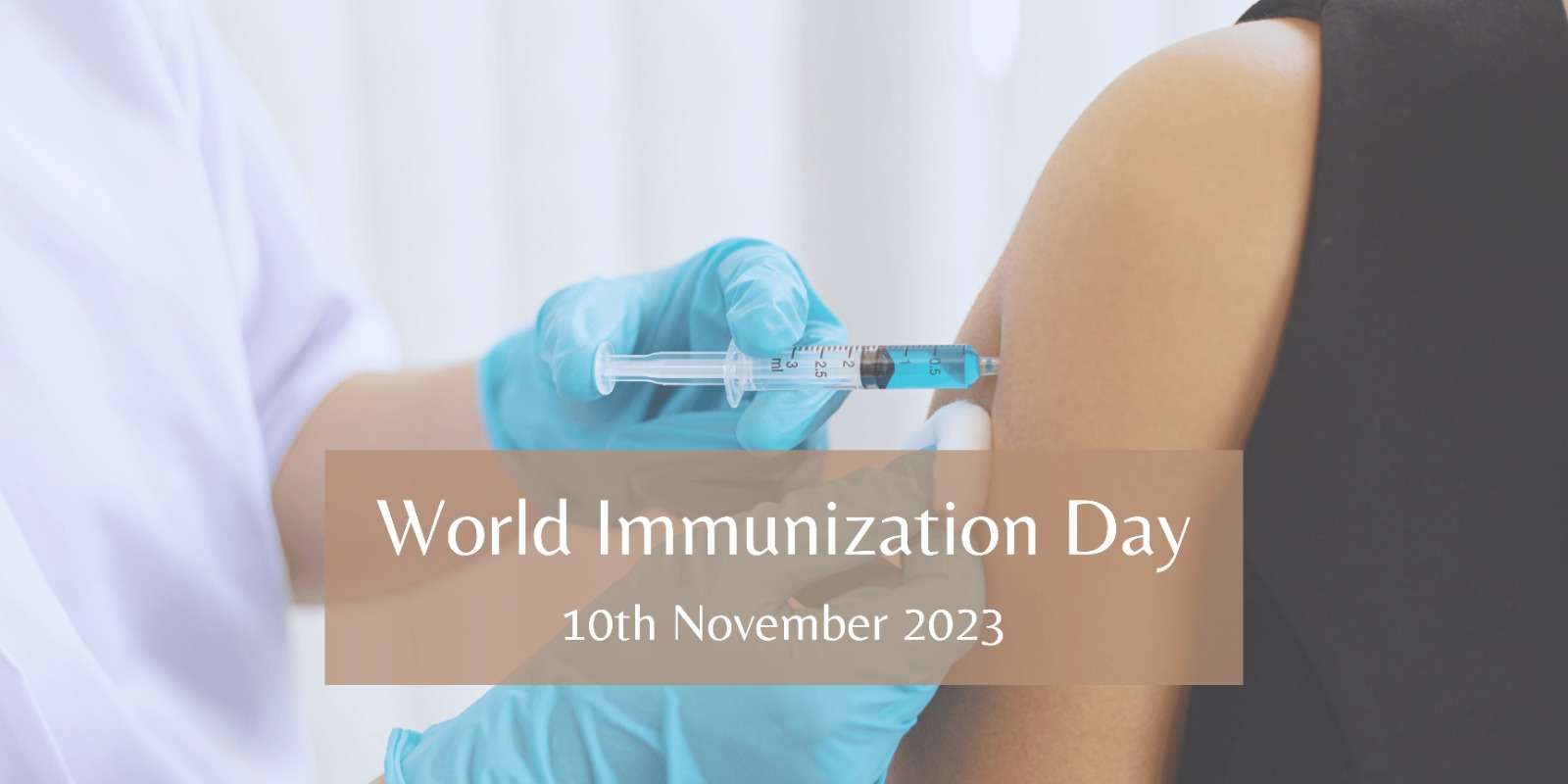World Immunization Day

World Immunization Day, observed on November 10th each year, serves as a global call to action to raise awareness about the importance of vaccination in preventing and controlling life-threatening diseases. Since its inception, this day has played a crucial role in advocating for the use of immunization to protect people of all ages from various infectious diseases, contributing significantly to the advancement of public health worldwide.
History of the Day
Established by the World Health Organization (WHO), World Immunization Day commemorates the day when the first successful vaccine against smallpox, one of the deadliest diseases in human history, was introduced. This groundbreaking achievement by Edward Jenner in 1796 marked the beginning of a new era in disease prevention, paving the way for the development of numerous vaccines that have since saved millions of lives globally.
Significance of the Day
The significance of World Immunization Day lies in its role in advocating for the importance of immunization as one of the most cost-effective and powerful tools for preventing infectious diseases. Through widespread immunization programs, communities can significantly reduce the prevalence of various communicable diseases, ultimately contributing to the achievement of sustainable development goals, particularly in the areas of health and well-being.
Theme
Each year, World Immunization Day revolves around a specific theme that emphasizes critical aspects of global vaccination initiatives. Themes may focus on issues such as accessibility, equity in vaccine distribution, combating vaccine hesitancy, or the role of immunization in ensuring sustainable development. These themes serve as a rallying point for policymakers, healthcare professionals, and communities to come together and address the challenges associated with immunization programs worldwide.
The Importance of Immunization
Immunization stands as one of the most effective means of safeguarding individuals and communities from preventable diseases such as polio, measles, tetanus, and influenza. By stimulating the body’s immune system to recognize and fight off specific pathogens, vaccines provide a crucial shield against the spread of infectious diseases, thereby reducing illness, disability, and mortality rates globally.
Promoting Vaccination for All
To achieve optimal protection, it is imperative to promote vaccination for people of all age groups, especially children and vulnerable populations. Ensuring equitable access to immunization services, particularly in underserved communities and developing countries, is vital in bridging the gap in healthcare disparities and promoting a more inclusive and resilient healthcare system globally.
Combatting Vaccine Hesitancy
In recent years, the rise of vaccine hesitancy has posed a significant challenge to global immunization efforts. Misinformation, mistrust, and unfounded concerns about vaccine safety have led to a decline in vaccination rates, resulting in outbreaks of vaccine-preventable diseases. To combat vaccine hesitancy, educational campaigns, transparent communication, and building trust between healthcare providers and communities are crucial in dispelling myths and misconceptions surrounding vaccines.
Preventing Outbreaks and Pandemics
World Immunization Day serves as a reminder of the critical role vaccines play in preventing the resurgence of infectious diseases and containing potential pandemics. By maintaining high vaccination coverage and implementing robust immunization strategies, nations can effectively curb the spread of diseases, safeguarding public health and promoting global health security.
Ensuring Sustainable Development
A comprehensive immunization program aligns with the United Nations’ Sustainable Development Goals, particularly Goal 3, which aims to ensure healthy lives and promote well-being for all at all ages. By prioritizing immunization as a fundamental component of public health policies, governments can make substantial progress in reducing child mortality, eradicating diseases, and promoting a healthier and more productive global population.
Key Points for UPSC Aspirants
- Understand the historical significance of World Immunization Day, which commemorates the introduction of the first successful vaccine against smallpox.
- Recognize the critical role of immunization in preventing the spread of infectious diseases and achieving sustainable development goals.
- Be aware of the challenges associated with vaccine hesitancy and the importance of transparent communication and trust-building in promoting vaccination.
- Comprehend the role of immunization in preventing outbreaks and pandemics, thereby ensuring global health security.
- Acknowledge the necessity of equitable access to immunization services, particularly in underserved communities and developing nations, for building a resilient healthcare system.
Conclusion
World Immunization Day serves as a powerful reminder of the indispensable role of vaccination in safeguarding global health and promoting sustainable development. By prioritizing inclusive immunization programs, combating vaccine hesitancy, and advocating for equitable access to vaccines, nations can pave the way for a healthier, more resilient, and prosperous future for all. As we commemorate this day, let us reaffirm our commitment to promoting immunization and fostering a world where preventable diseases are but a distant memory, and global health equity is a reality for all.
Tags:
Best teachers in every subject.
Let’s get started
We can teach you anything
